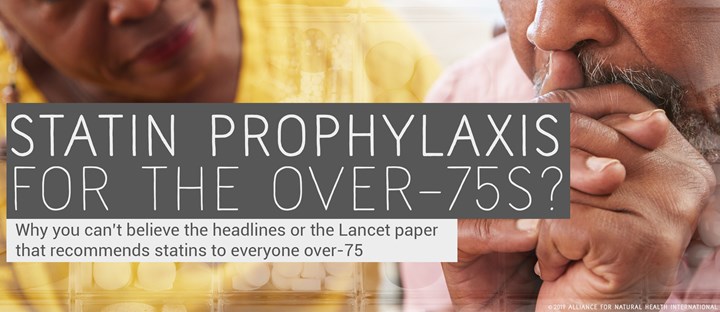Content Sections
For those who may have missed it from their gloomier Winter (northern hemisphere!) calendars, yesterday marked Vitamin D Awareness Day. A proper summer for those of us in the northern climes this year provided ample opportunity to top up levels of vitamin D naturally. However, many people remain dangerously deficient. Just last year it was estimated that almost 1 billion people worldwide lacked sufficient levels of this all-important, essential vitamin.
The benefits of vitamin D are myriad. Research published this year highlighted the need to maintain sufficient levels of circulating serum 25-hydroxyvitamin D [25(OH)D], the active form of vitamin D. Women with levels higher than 150 nmol/L (60 ng/ml) were found to have a lower risk of developing breast cancer, while those with levels above 75 nmol/L (30 ng/ml) had a 27% reduced risk of colorectal cancer. More recently, low vitamin D status in older adults admitted to hospital for acute illnesses has been associated with longer stays, higher rates of falls and mortality vs patients with correct amounts of the ‘sunshine vitamin’. Adults who were more replete with vitamin D were often discharged to go home sooner. And that’s just the tip of the vitamin D benefit iceberg.
As winter starts to take hold in the north, we’re using #ThrowbackThursday to remind you of the importance of maintaining healthy levels of vitamin D for you and your whole family. Alongside ways to maintain adequate levels and protect your vitality during the coming months, vitamin D can also help to offset the symptoms of Seasonal Affective Disorder (SAD).

Vitamin D – Prevention rather than cure
Are you getting enough? Vitamin D that is!
It’s August and if you’re one of the hordes in the mass exodus to sunnier climes this summer, you’re likely lying on a lounger topping up your vitamin D levels as we write. Alas, those of us who opted for a ‘staycation’ in the UK, are now in need of some vitamin D supplementation given the sun’s ‘now you see it, now you don’t’ appearance. It’s not all about the tan either. The sun is an integral part of our health, vitality and immune resilience because it gives us vitamin D, which, amongst a host of other health benefits, can also modulate our innate and adaptive immune responses. As such, deficiency in vitamin D is associated with an increased risk of developing autoimmune diseases, as well as an increased susceptibility to infection and chronic disease, let alone denying us its myriad health benefits.
Summer precedes autumn, which heralds winter, which in turn means a greater vulnerability during the cough, cold and flu season. Instead of visiting the local pharmacy and reaching for over-the-counter medicines if you succumb, consider using this time to bolster your immune system and hone your innate resilience. Be mindful that the so-called ‘flu season’ may in fact be largely down to a serious deficiency in vitamin D from lack of exposure to sunlight during a grey and rainy summer or long, dark winter days.








Comments
your voice counts
22 November 2018 at 9:51 pm
Yes, blood serum levels of 25(OH)D that are around 150 nmol/L (equivalent in North America 60 ng/mL) indicate a lower risk of certain cancers in a limited number of studies compared to lower levels discovered in some other subjects. However, some GP's in the UK consider these levels to be excessive - i.e. there is a risk of toxicity - and this creates uncertainty in the mind of the patient assuming the test results are disclosed to the patient! Unfortunately there is no consensus in the medical profession as to 'safe' levels of 25(OH). Many professionals say there is no risk of toxicity - even at far higher levels than 150 nmo/L, so who do we trust? In any event, co-factors should also be considered in these trials - e.g. Vitamin K2 - as we know, so maybe best advice is for everyone to at least aim for the upper limit throughout the year, and not just in the winter months. Unfortunately some GP's are reluctant or even refuse to provide screening tests for 25(OH)D unless they consider the patient to be at serious risk of deficiency.
Your voice counts
We welcome your comments and are very interested in your point of view, but we ask that you keep them relevant to the article, that they be civil and without commercial links. All comments are moderated prior to being published. We reserve the right to edit or not publish comments that we consider abusive or offensive.
There is extra content here from a third party provider. You will be unable to see this content unless you agree to allow Content Cookies. Cookie Preferences